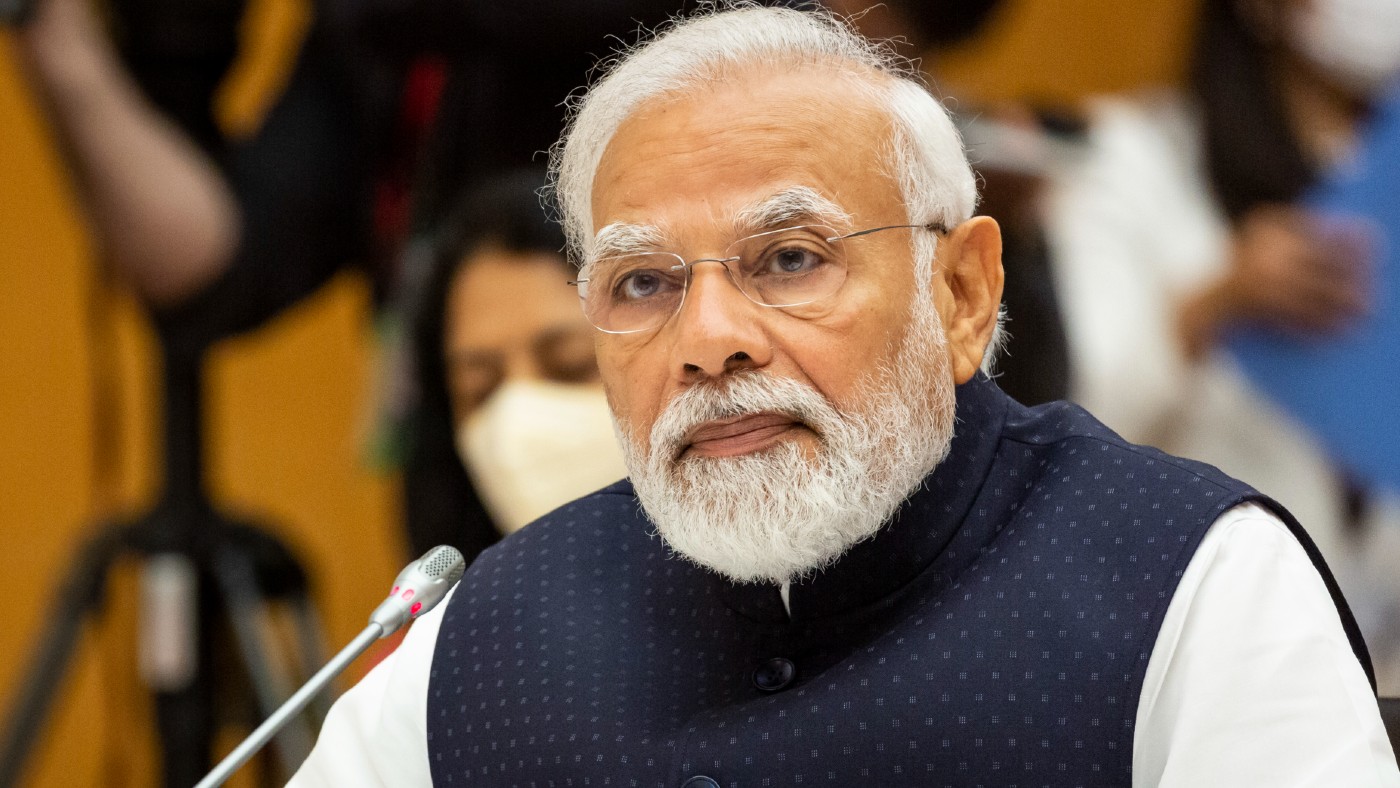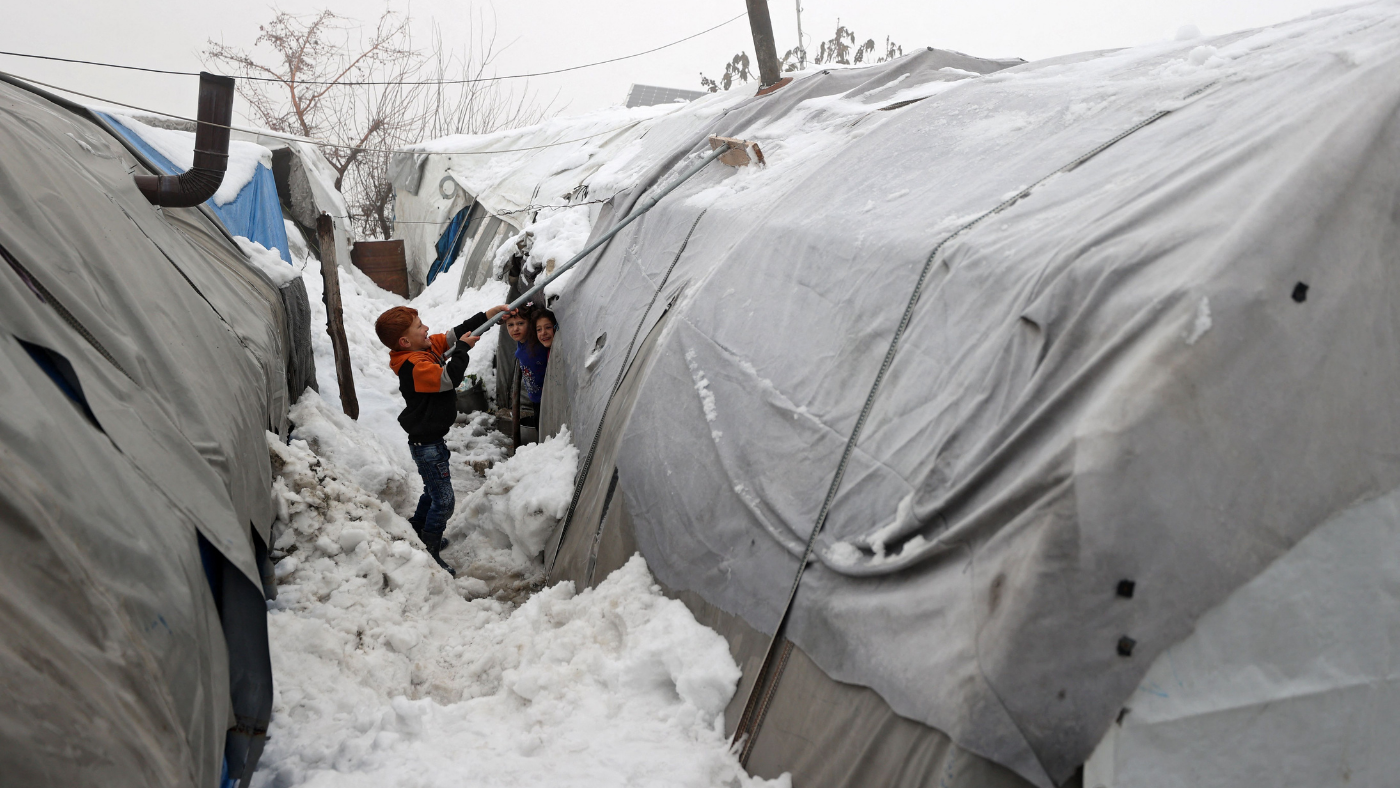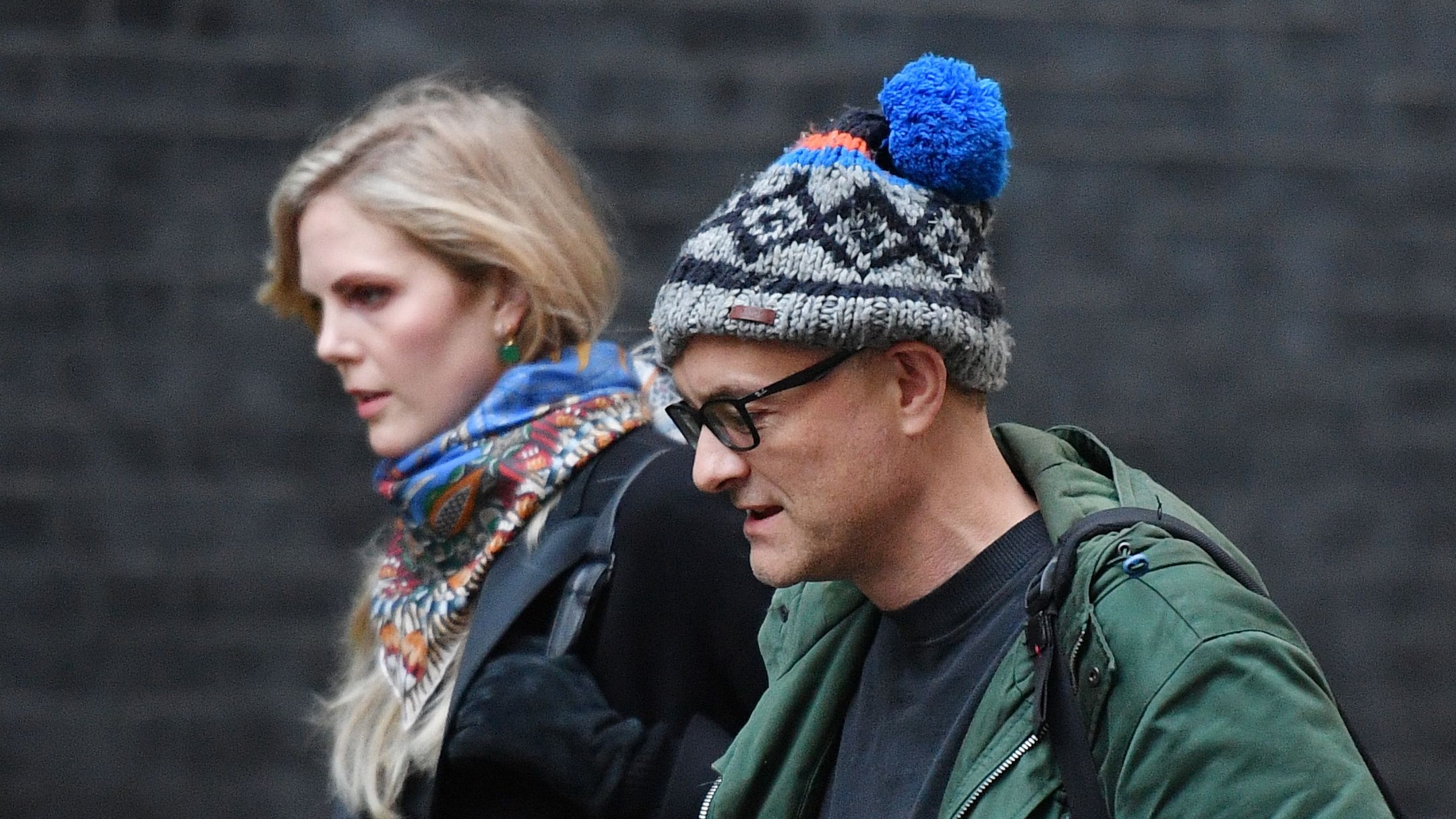Jimmy Savile report: 'serious failings at BBC'
'Culture of fear' allowed sexual abuses to continue undetected, concludes Dame Janet Smith

A free daily email with the biggest news stories of the day – and the best features from TheWeek.com
You are now subscribed
Your newsletter sign-up was successful
A "culture of fear" at the BBC, which still exists today, meant senior managers were not told about the complaints against DJ Jimmy Savile and presenter Stuart Hall, a review has found.
Report author Dame Janet Smith found serious failings allowed Savile and others to sexually abuse nearly a hundred people for decades without detection.
She added that an "atmosphere of fear still exists today in the BBC", possibly because obtaining work at the corporation is "highly competitive and many people no longer have the security on an employment contract".
The Week
Escape your echo chamber. Get the facts behind the news, plus analysis from multiple perspectives.

Sign up for The Week's Free Newsletters
From our morning news briefing to a weekly Good News Newsletter, get the best of The Week delivered directly to your inbox.
From our morning news briefing to a weekly Good News Newsletter, get the best of The Week delivered directly to your inbox.
It must do more to ensure staff are not afraid to speak out about on-air stars, she said.
Addressing journalists at a press conference, Dame Janet said the report made "sorry reading" for the BBC, adding that it "certainly isn't a whitewash".
Savile sexually assaulted 57 females and 15 boys over several decades. Three incidents of rape and attempted rape took place on BBC premises, Dame Janet said, and the youngest victim to whom she had spoken was eight years old at the time of the offence.
Rona Fairhead, the chairman of the BBC Trust, said the corporation had "failed" the victims.
A free daily email with the biggest news stories of the day – and the best features from TheWeek.com
"It turned a blind eye where it should have shone a light and it did not protect those who put their trust in it," she said.
The key findings of the report are as follow:
- Dame Janet identified 72 people as victims of Savile while he was in some way connected to the BBC, including eight rapes and one attempted rape.
- Top of the Pops provided Savile with a "picking up" opportunity, with some young girls in the audience at risk of "moral danger".
- During the years covered by the investigation, there was sexual discrimination and sexual harassment at the BBC.
- Staff were "more worried about reputation than the safety of children".
- Some junior members of staff were aware of complaints regarding Savile's conduct but there was no evidence any senior employees were aware of his behaviour.
- No complaints were made through the BBC's official channels.
In conclusion, Dame Janet wrote: "The delivery of these reports presents an opportunity for the BBC to take steps to ensure that history cannot repeat itself."
In her final verdict – which The Guardian says "may disappoint campaigners for victims" – Dame Janet's "overarching recommendation" was that the corporation carry out a further review and subsequent audit of its current management.
Lesley McLean, a manager at Victim Support independent charity, which has helped many of Savile and Hall's victims, said: "It is deeply disturbing to learn of the many missed opportunities by the BBC to stop Savile and Hall's appalling behaviour. These vulnerable victims could and should have been protected."
Liz Dux, a specialist abuse lawyer at Slater and Gordon Lawyers who represents 168 victims, criticised the fact that the report had no power to compel senior managers to give evidence.
"All the Savile and Hall victims have ever wanted from this report is truth and accountability. Despite millions having been spent on the inquiry, my clients will feel let down that the truth has still not been unearthed and many will feel it is nothing more than an expensive whitewash," she told the Daily Telegraph.
Savile died in 2011 and Hall was jailed in 2013, after admitting indecently assaulting 13 girls.
-
 What is the endgame in the DHS shutdown?
What is the endgame in the DHS shutdown?Today’s Big Question Democrats want to rein in ICE’s immigration crackdown
-
 ‘Poor time management isn’t just an inconvenience’
‘Poor time management isn’t just an inconvenience’Instant Opinion Opinion, comment and editorials of the day
-
 Bad Bunny’s Super Bowl: A win for unity
Bad Bunny’s Super Bowl: A win for unityFeature The global superstar's halftime show was a celebration for everyone to enjoy
-
 BBC pauses probe into presenter ‘sex scandal’ as police take over
BBC pauses probe into presenter ‘sex scandal’ as police take overSpeed Read Met Police weighing up whether to launch criminal investigation as Rishi Sunak calls claims ‘shocking and concerning’
-
 Muzzling the BBC: what does Indian PM Narendra Modi have to hide?
Muzzling the BBC: what does Indian PM Narendra Modi have to hide?Under the Radar The Delhi government has blocked the airing of a documentary on Modi’s role in the 2002 Gujarat riots
-
 ‘Moving CBBC online isn’t modernisation – it’s dangerous’
‘Moving CBBC online isn’t modernisation – it’s dangerous’Instant Opinion Your digest of analysis from the British and international press
-
 ‘The West can learn lessons about Putin from Syria’
‘The West can learn lessons about Putin from Syria’Instant Opinion Your digest of analysis from the British and international press
-
 ‘Taiwan is right to fear Chinese aggression’
‘Taiwan is right to fear Chinese aggression’Instant Opinion Your digest of analysis from the British and international press
-
 ‘Afghan refugees have no choice – but Britain does’
‘Afghan refugees have no choice – but Britain does’Instant Opinion Your digest of analysis and commentary from the British and international press
-
 ‘The Bashir report shows the BBC needs a complete cleaning of the stables’
‘The Bashir report shows the BBC needs a complete cleaning of the stables’Instant Opinion Your digest of analysis and commentary from the British and international press
-
 Instant Opinion: secret government Covid contracts are ‘heaping misery on Britain’
Instant Opinion: secret government Covid contracts are ‘heaping misery on Britain’In Depth Your guide to the best columns and commentary on Wednesday 21 October